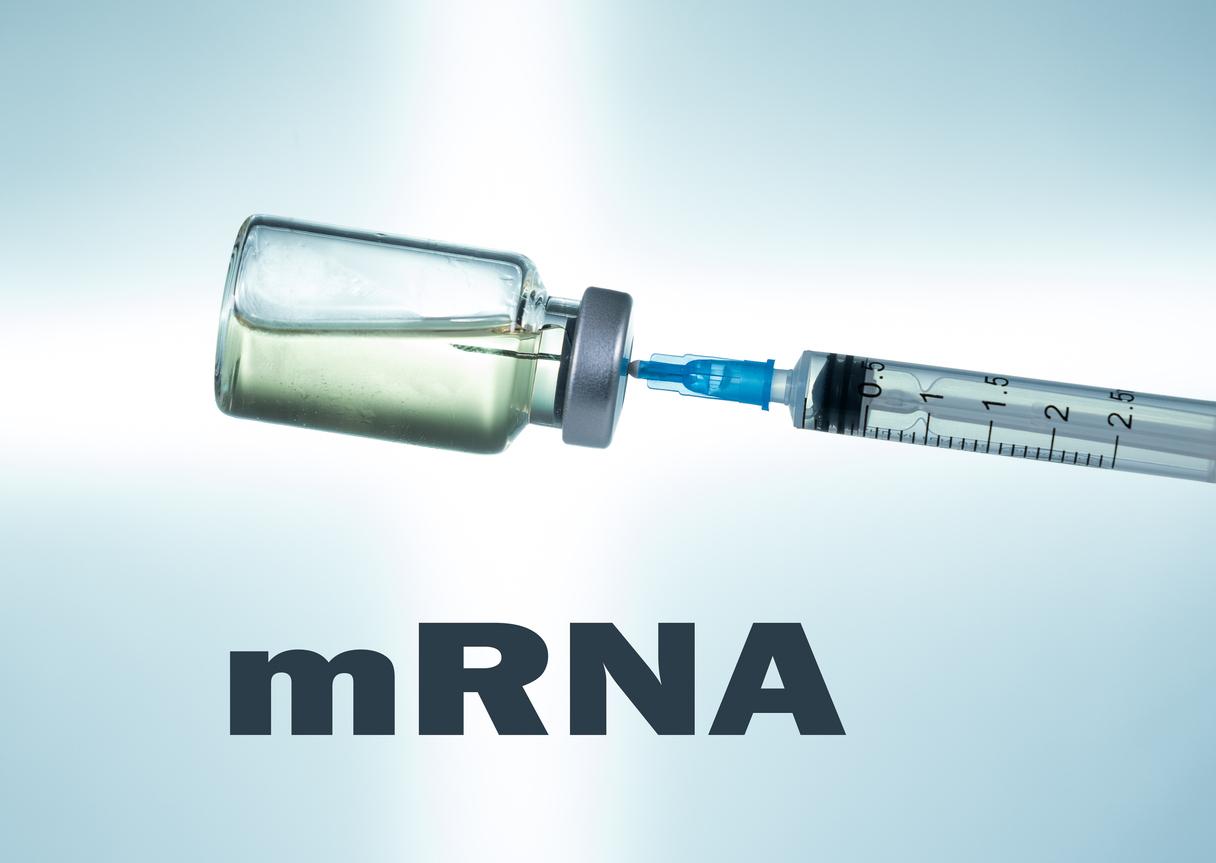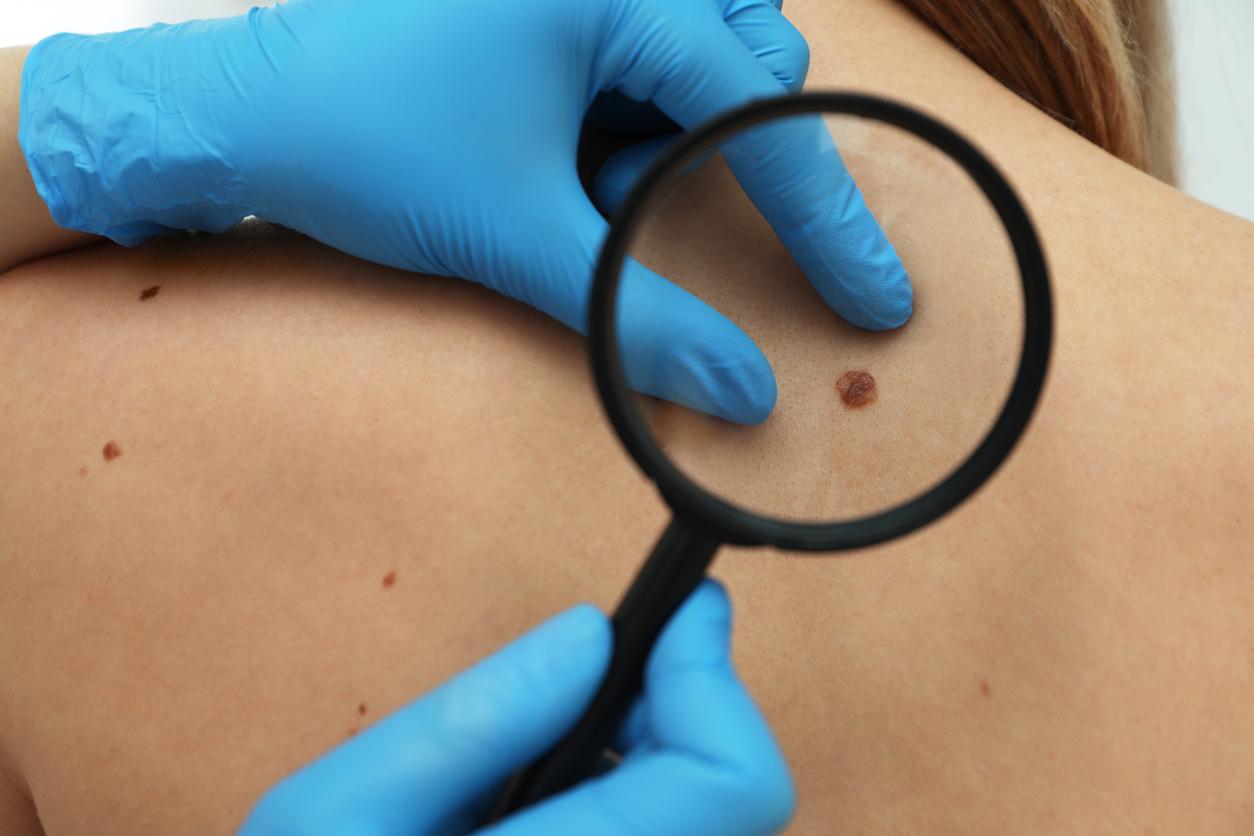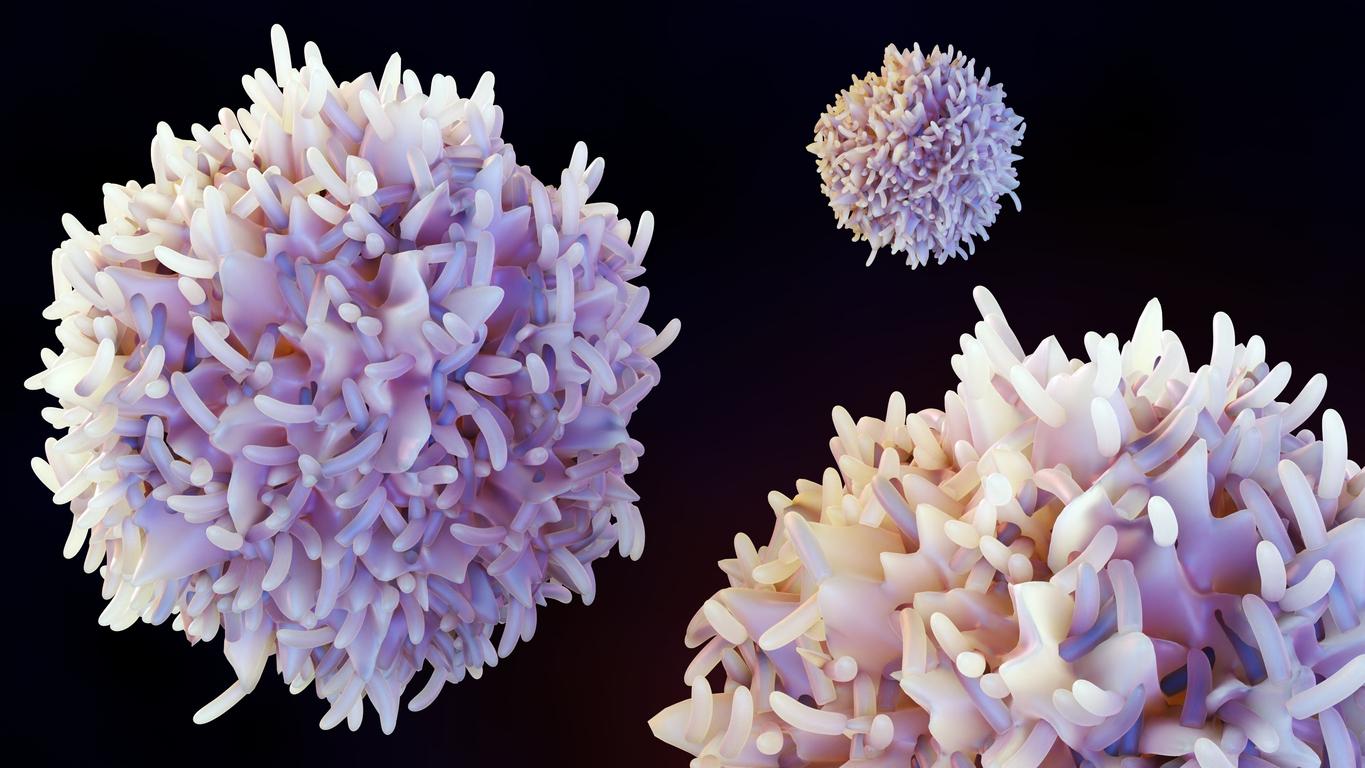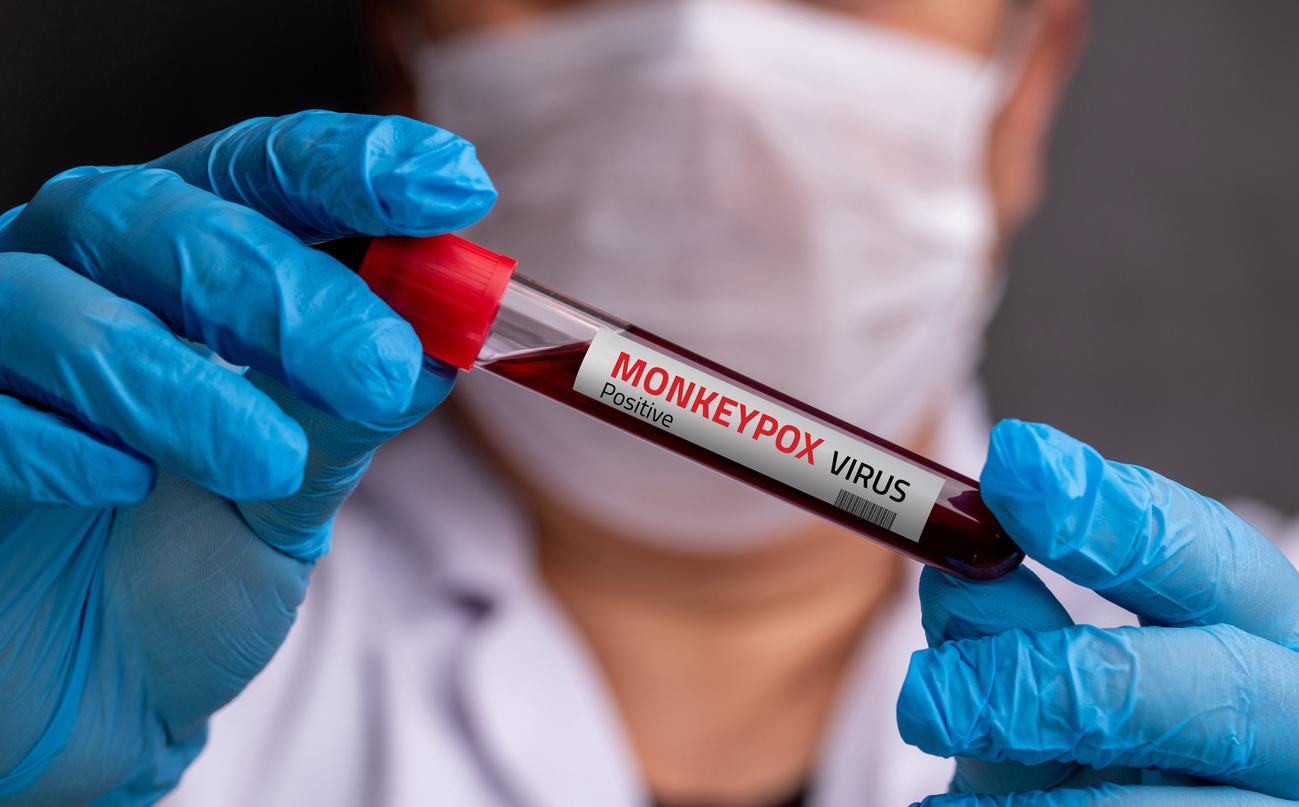An effective shield against the virus responsible for the Covid-19 pandemic, messenger RNA technology also opens up new perspectives in the treatment of cancers. It allows for personalized treatments, as shown by a phase 3 trial currently underway against melanoma.

- The Covid-19 pandemic has popularized the mRNA vaccine.
- This technique was first studied to improve the treatment of cancers.
- In melanoma, adjuvant mRNA vaccine combined with surgery and immunotherapy gives excellent results.
“Getting something that developed from within ourselves to be recognized as foreign is what was lacking at the beginning.”. The whole interest of research on the mRNA vaccine against melanoma is thus summarized by Professor Céleste Lebbé, professor of dermatology and head of the skin cancer treatment center at Saint-Louis hospital, guest of the program “La Santé en Questions” on Fréquence Médicale and Pourquoi Docteur and interviewed by Dr Jean-Paul Marre and Professor Jean-François Bergmann.
After appearing to the general public during the Covid-19 health crisis, the messenger RNA vaccine technique, temporarily diverted from its initial objective, the treatment of cancers, is reinvesting the field of oncology. And in particular in the management of melanoma, the most serious skin cancer. With spectacular results in a phase 3 trial currently underway as an adjuvant combined with surgery and immunotherapy.
“A 5-year survival rate of more than 50% in metastatic melanoma”
“Melanoma is the most serious skin cancer because it metastasizes and is insensitive to radiotherapy and chemotherapy.”recalls Professor Céleste Lebbé. A first essential advance took place a few years ago with targeted therapies and immunotherapy: “Today we have achieved an incredible 5-year survival rate of over 50% in metastatic melanoma, whereas 15 years ago this survival rate did not exceed 6 to 8 months.”announces the professor of dermatology.
And this first victory against cancer “which camouflages itself and modifies its environment” led researchers to consider adjuvant treatments to prevent relapses. The objective: “Using the existing tumor as a kind of vaccine that helps the immunotherapy work”explains Céleste Lebbé.
“Bypassing tumor resistance mechanisms”
Hence the work on messenger RNA technology to target antigens produced by the tumor itself, to educate the immune system to bypass the tumor’s resistance mechanisms. “The difficulty is to vaccinate against something that you make yourself, to find the solution to recognize the tumor genes as foreign to trigger the immune response”underlines Professor Lebbé.
To achieve this, researchers have benefited from new tools, including advances in genome sequencing, which make it possible to find the best antigens to stimulate the immune system. In the ongoing phase 3 trial on the use of mRNA technology in melanoma, two groups were compared: one group of patients treated with surgery and conventional immunotherapy and another group of patients treated with a combination of surgery and immunotherapy plus a personalized mRNA vaccine to attack the remaining cancer cells. The results were a 50% reduction in recurrences in this second group.
“The mRNA vaccine will be the second major therapeutic advance after immunotherapy”
Concretely, the use of this vaccine in adjuvant treatment consists of about ten injections, one every three weeks. With side effects limited to a risk of autoimmunity and the development of flu syndrome. “But because patients understand that we are using a vaccine produced from themselves, it gives them confidence.”says Céleste Lebbé.
So, from this work on the use of mRNA in the treatment of melanoma, are we heading towards a lethal weapon against this cancer and others? “I am optimistic that this phase 3 trial in melanoma will prove itself and that the mRNA vaccine will be the second major therapeutic advance after immunotherapy”says Professor Lebbé. Adding that the advances in research in this technique will be “exponential”in particular thanks to innovations enabling more relevant pre-clinical studies to be carried out.
“Real moments of pleasure in the face of complete remissions in melanoma”
The question remains of the -high- cost of such personalized treatments. “But when we manage to significantly extend survival for 50% of patients, that means that many people are living and working. If mRNA as an adjuvant in the treatment of melanoma saves lives, it is a way of reducing its cost, hence the interest in this vaccine in terms of public health.”relativizes Céleste Lebbé. But beyond all, she adds that the advances underway in this mRNA technique provide “real moments of pleasure in the face of complete remissions in metastatic melanoma… that’s why we do medicine!”

















